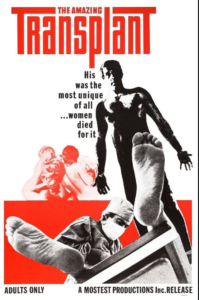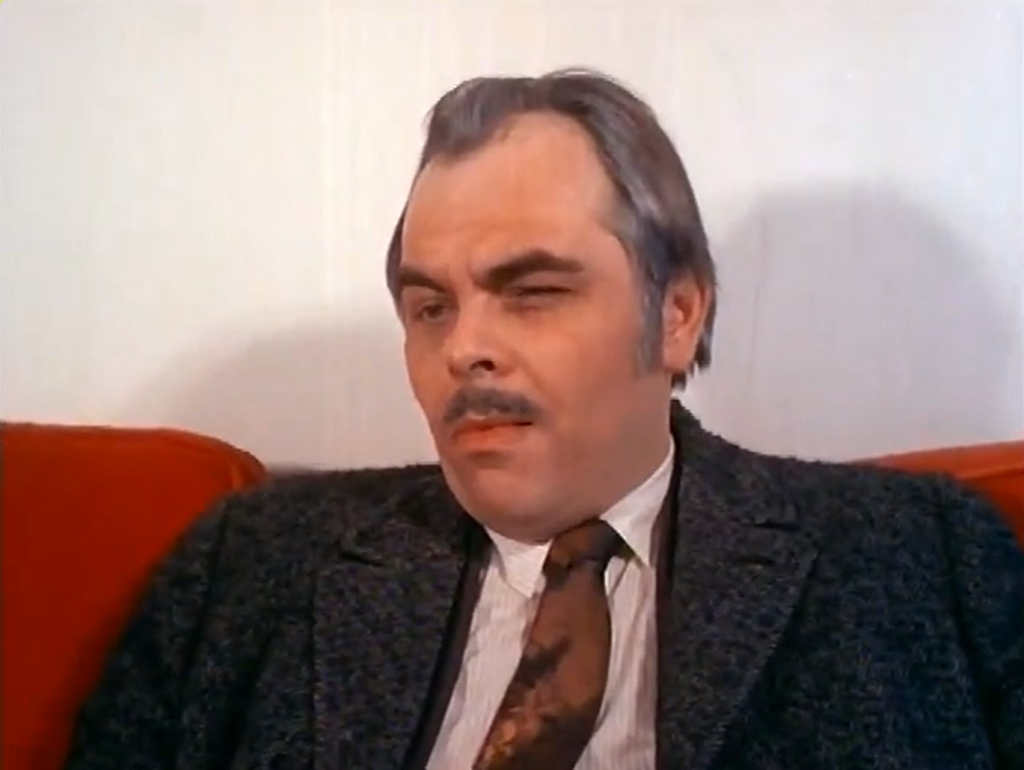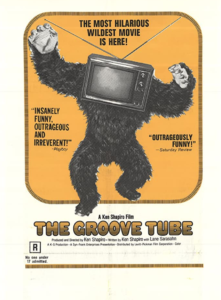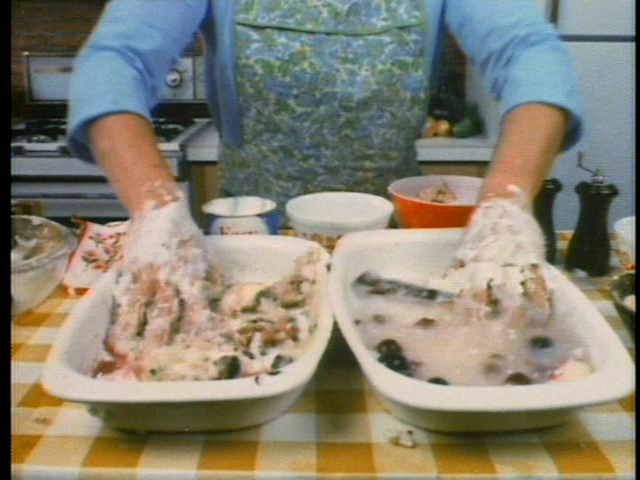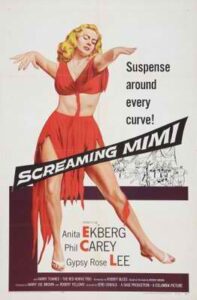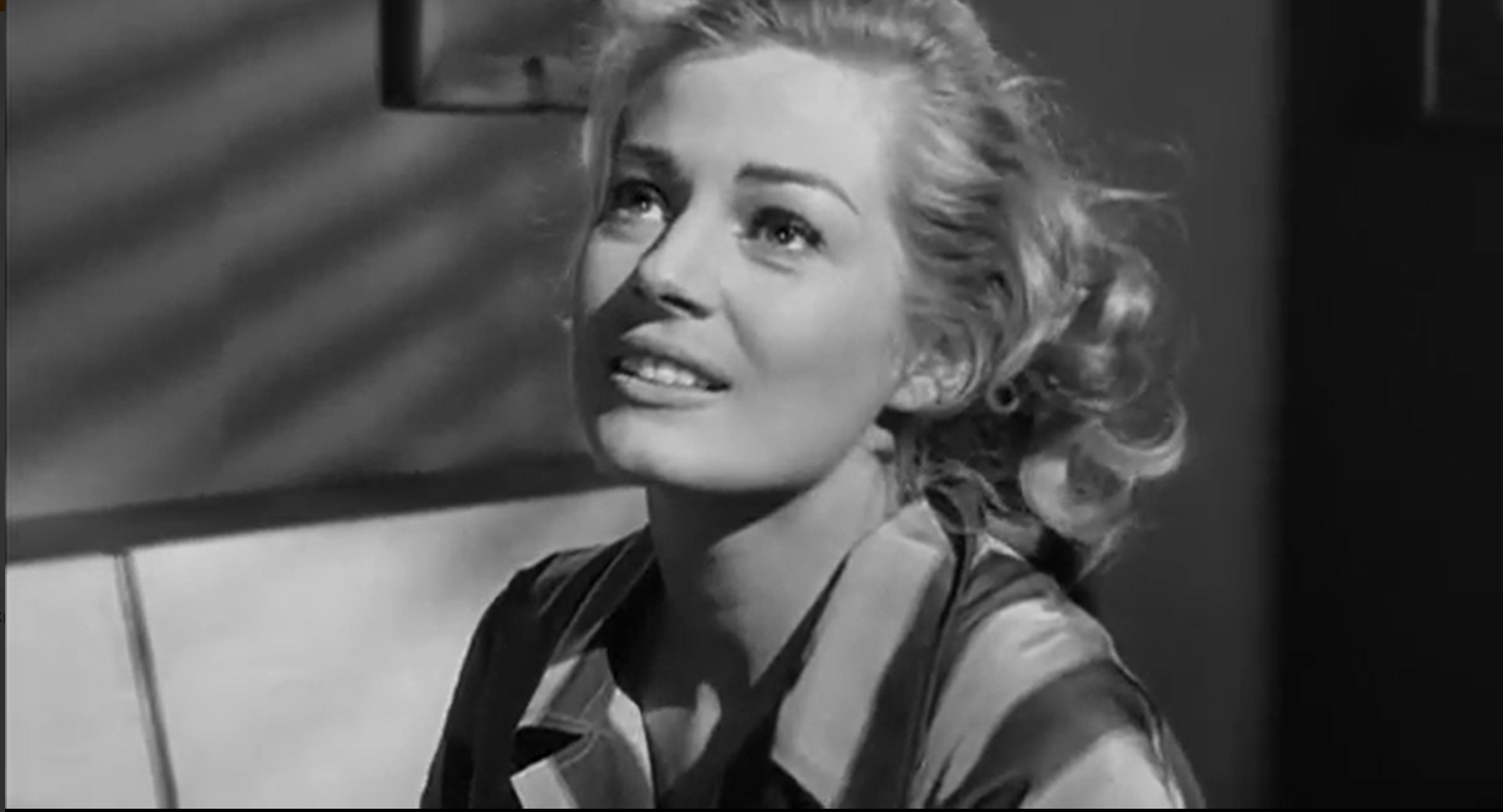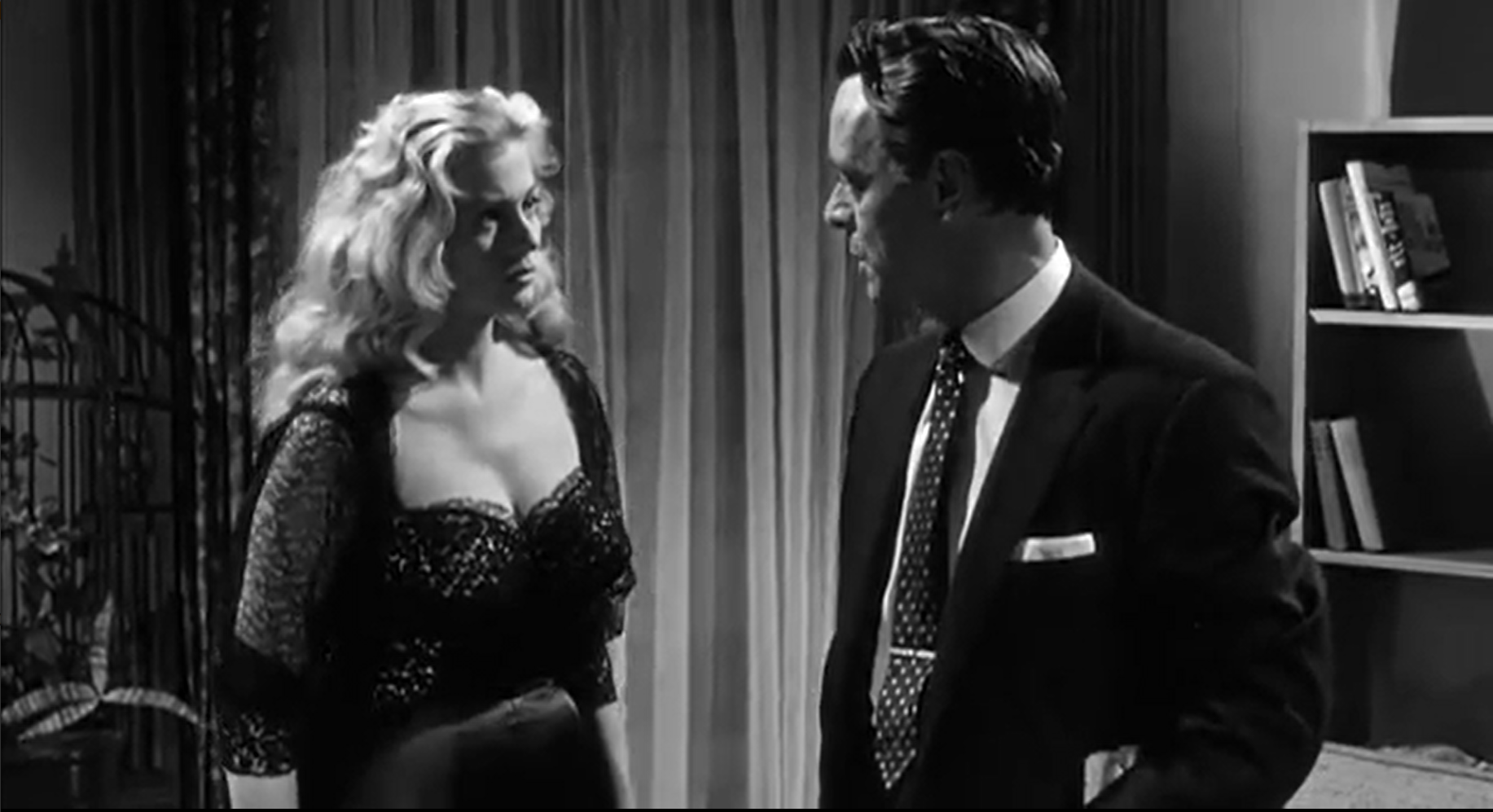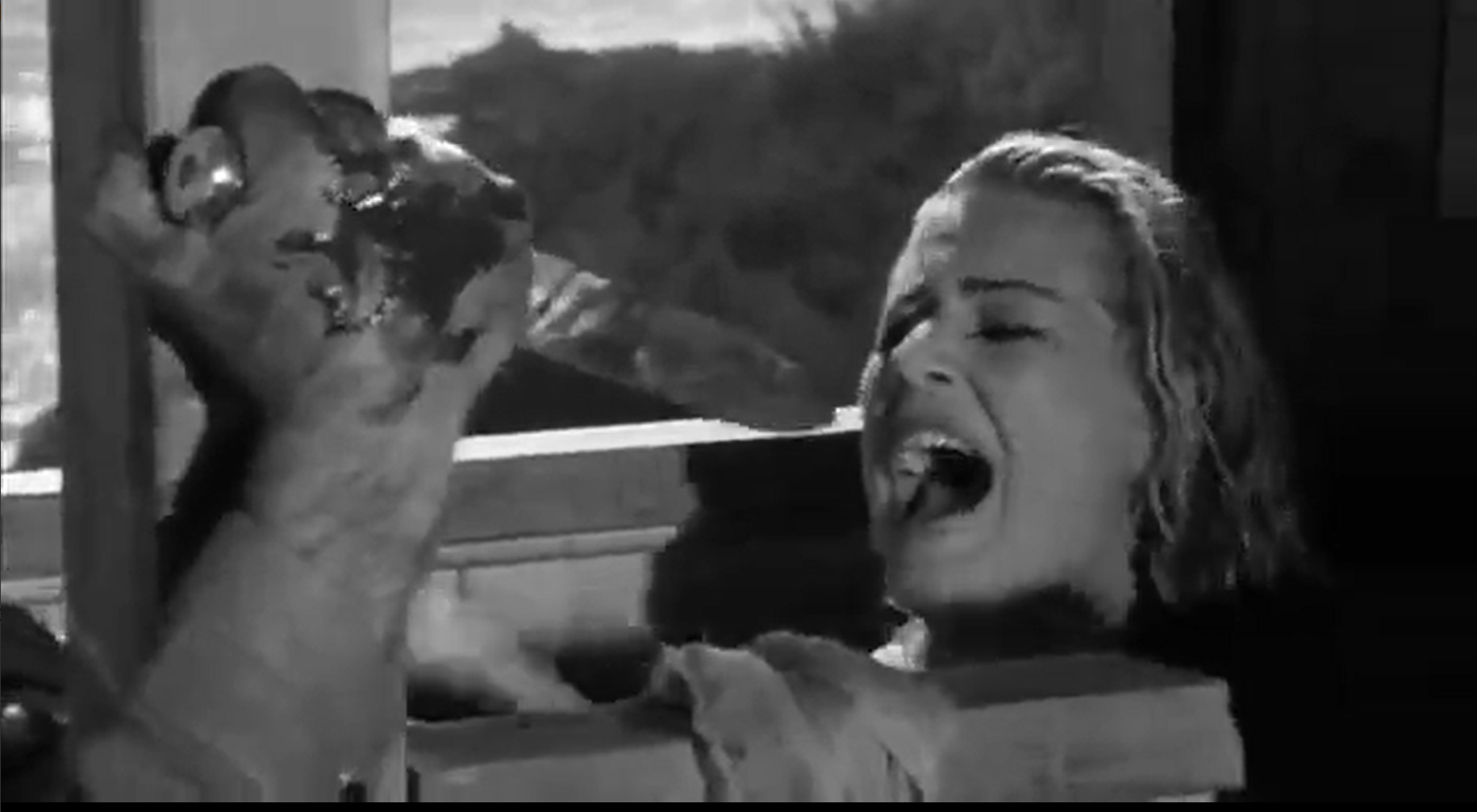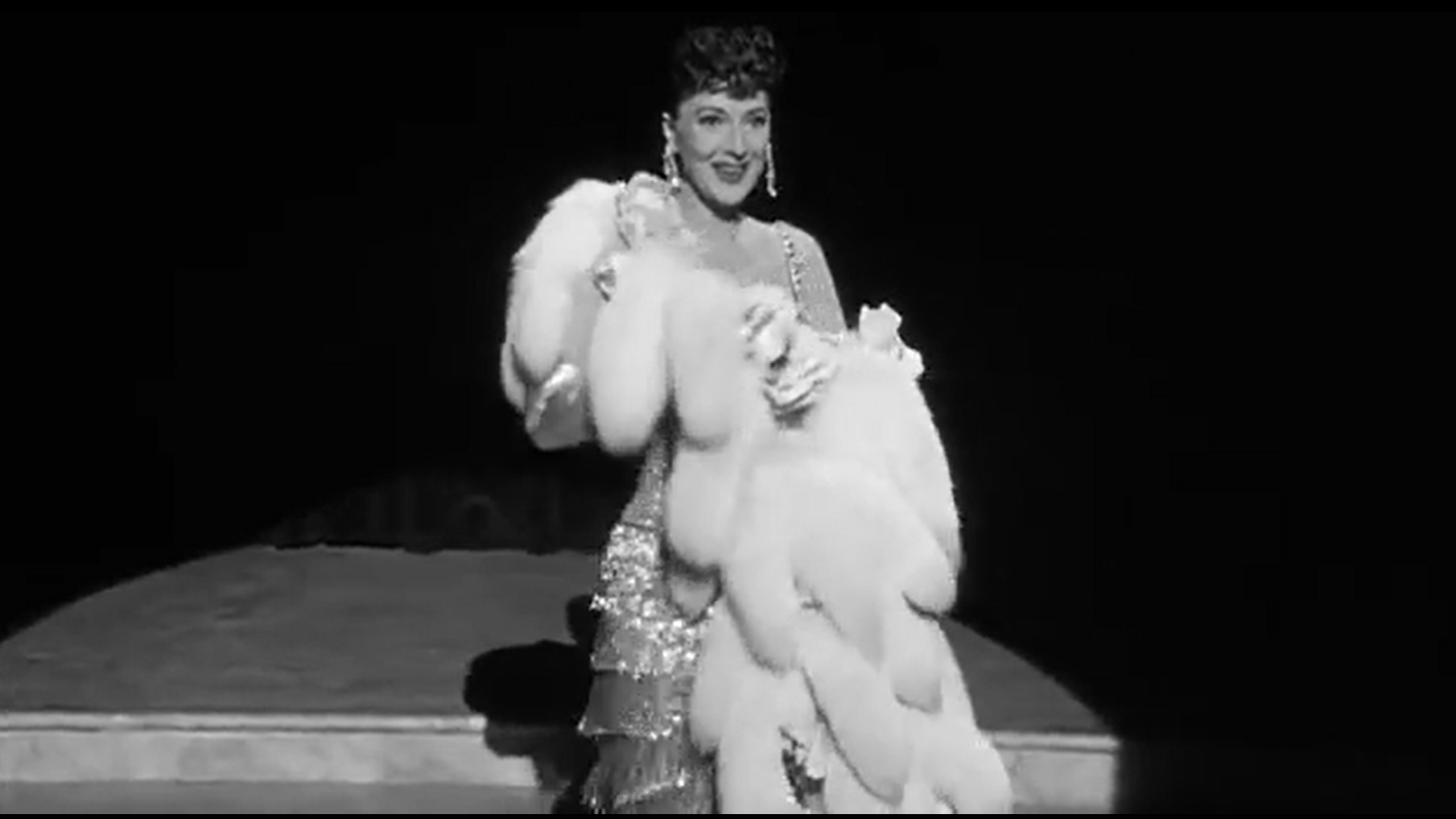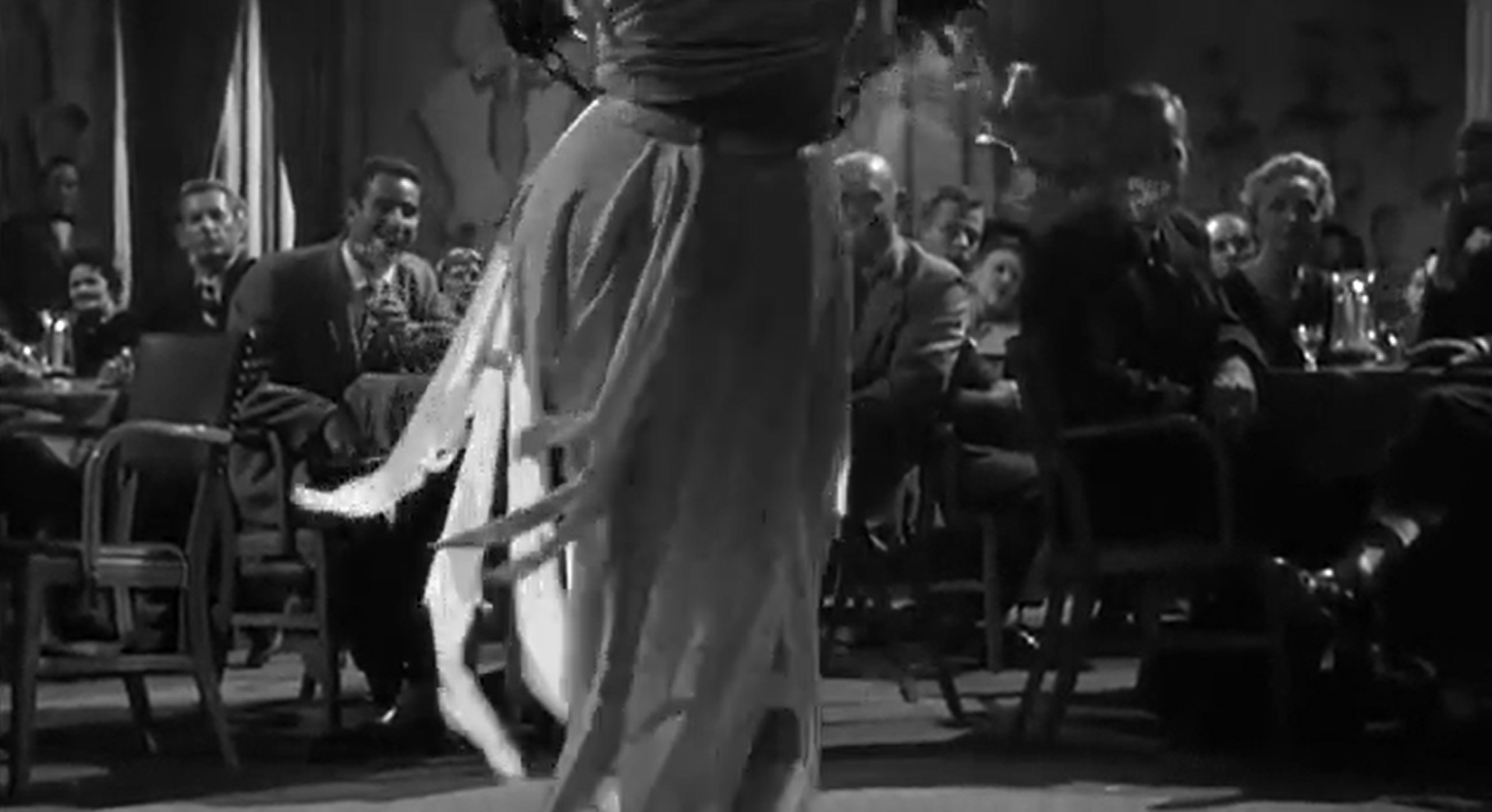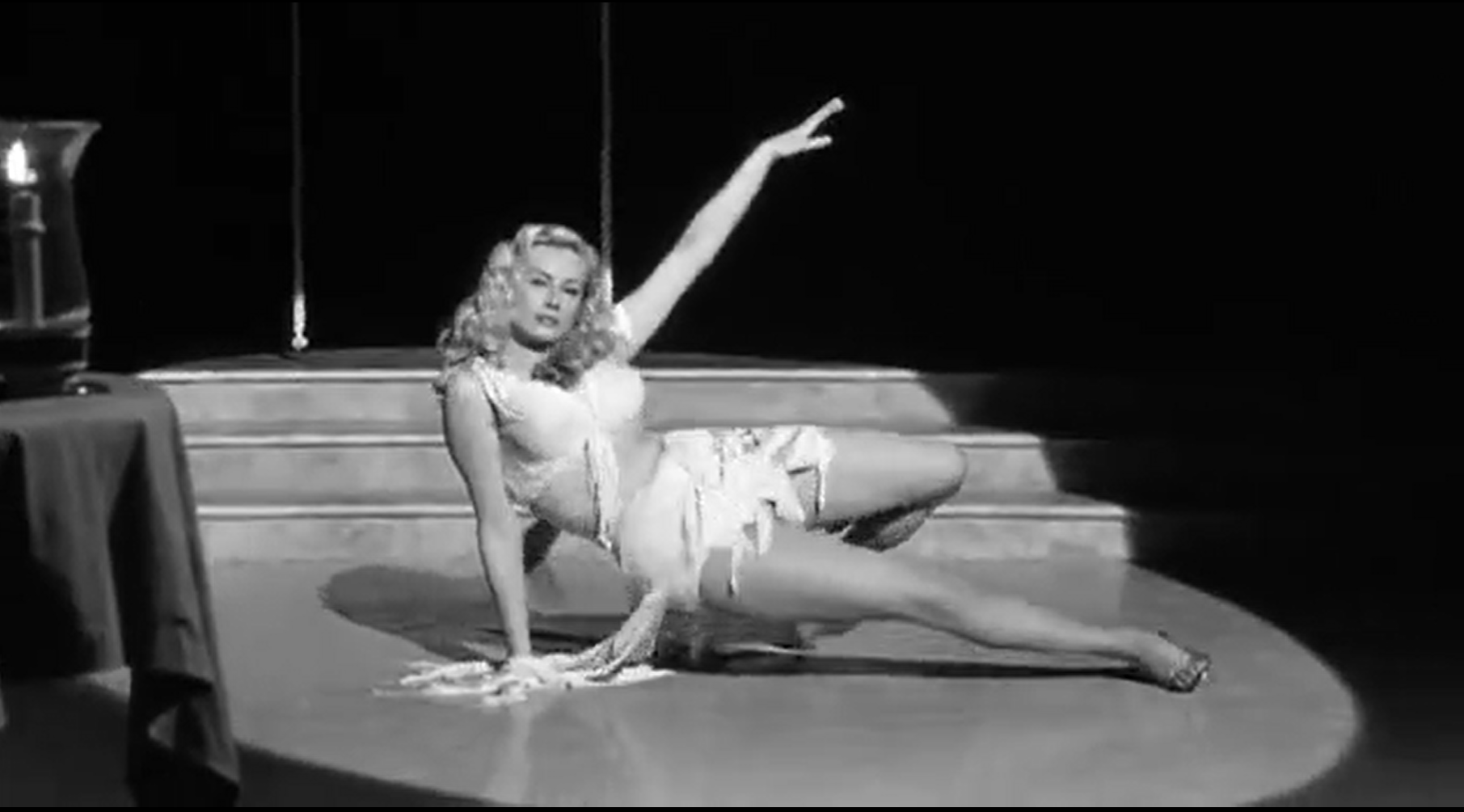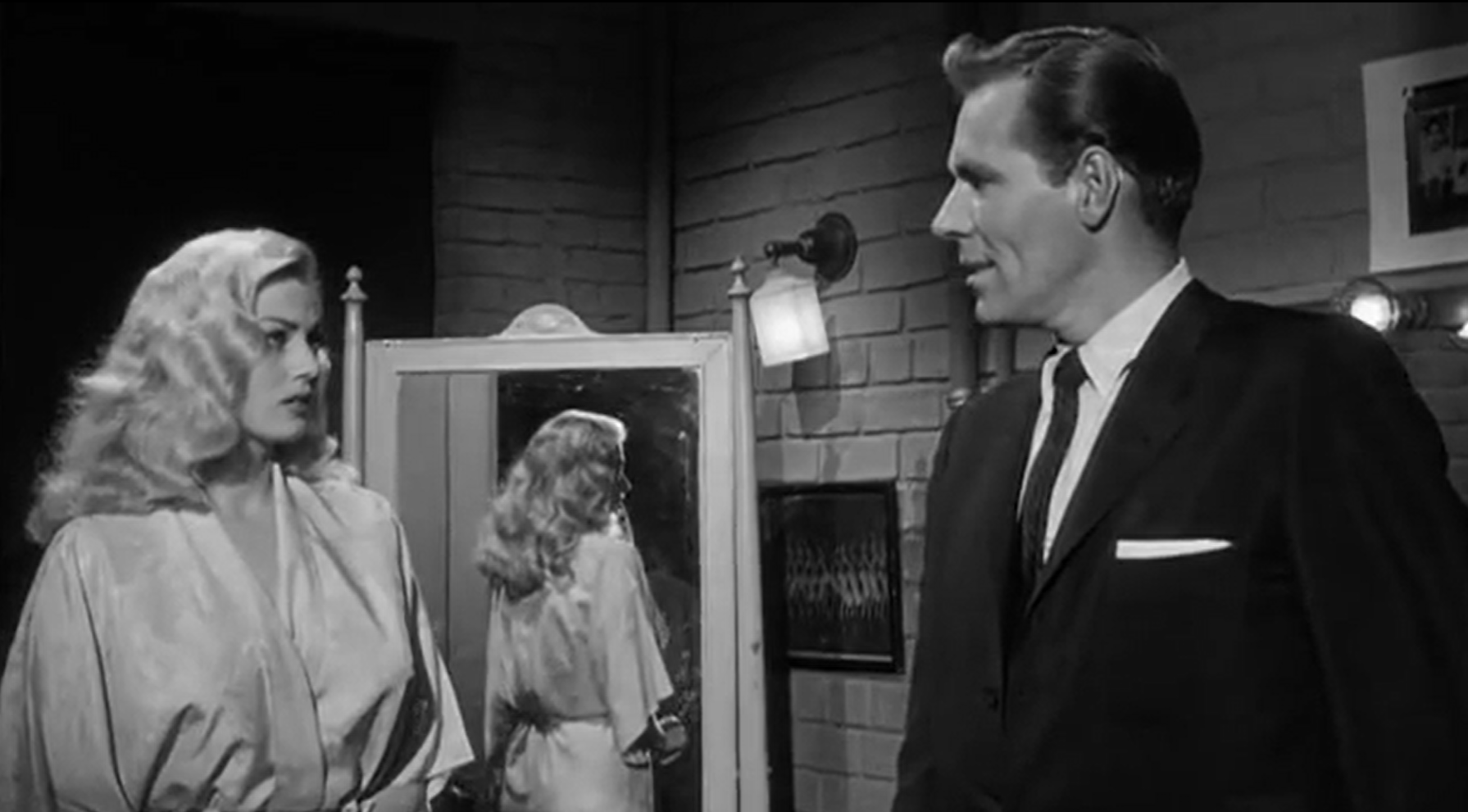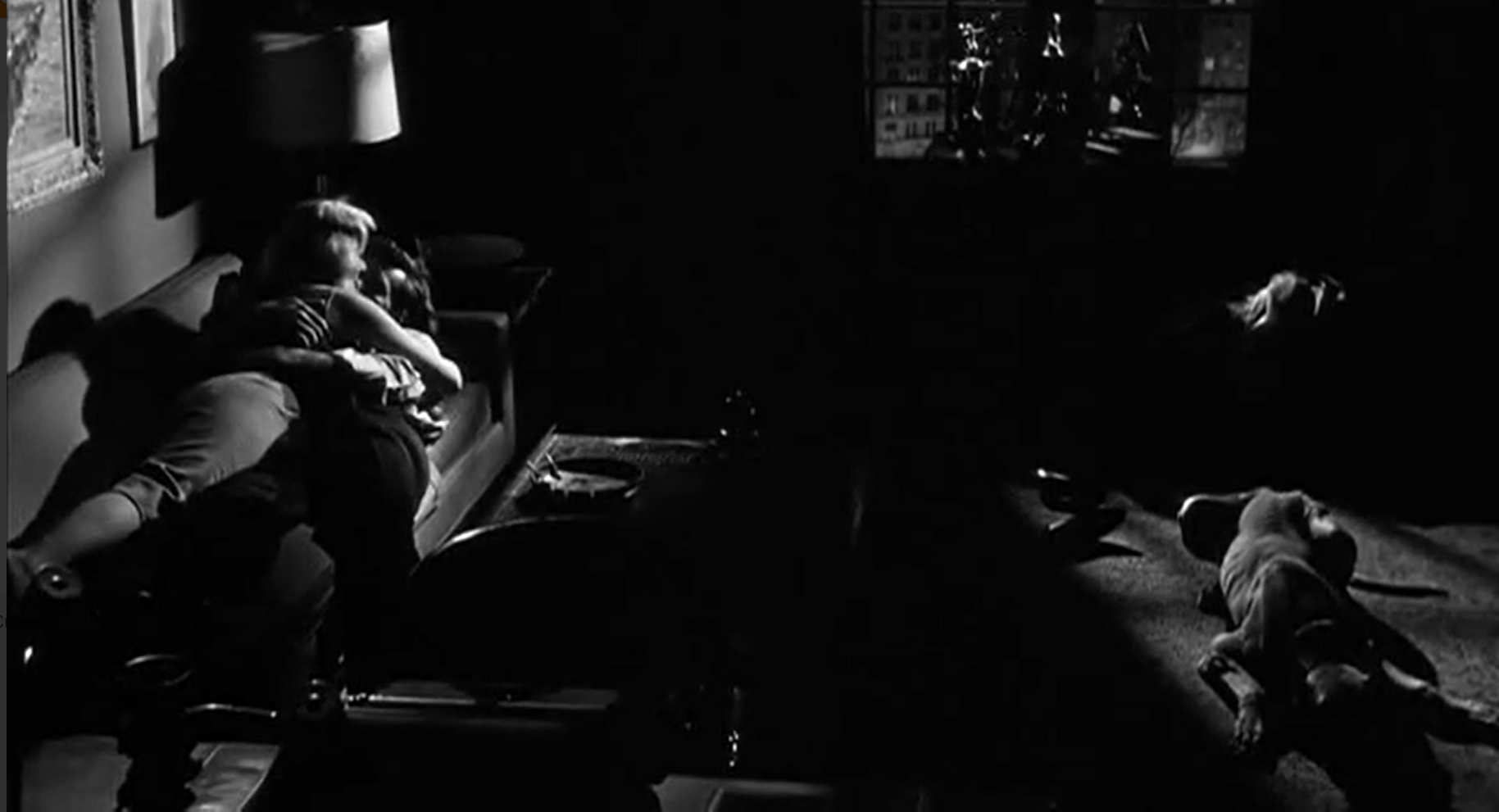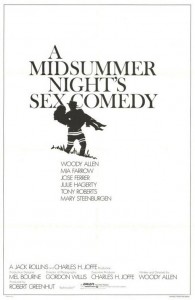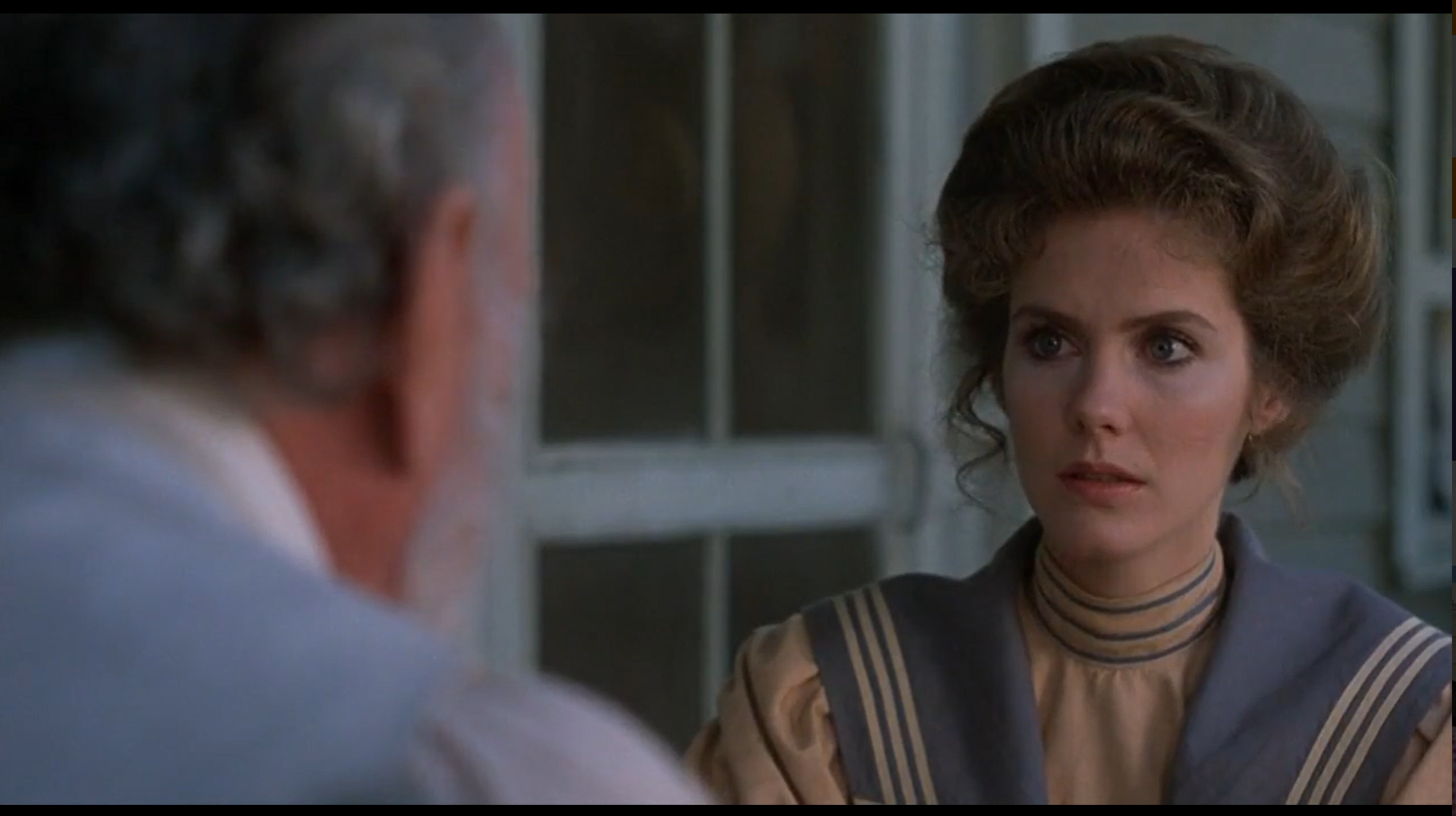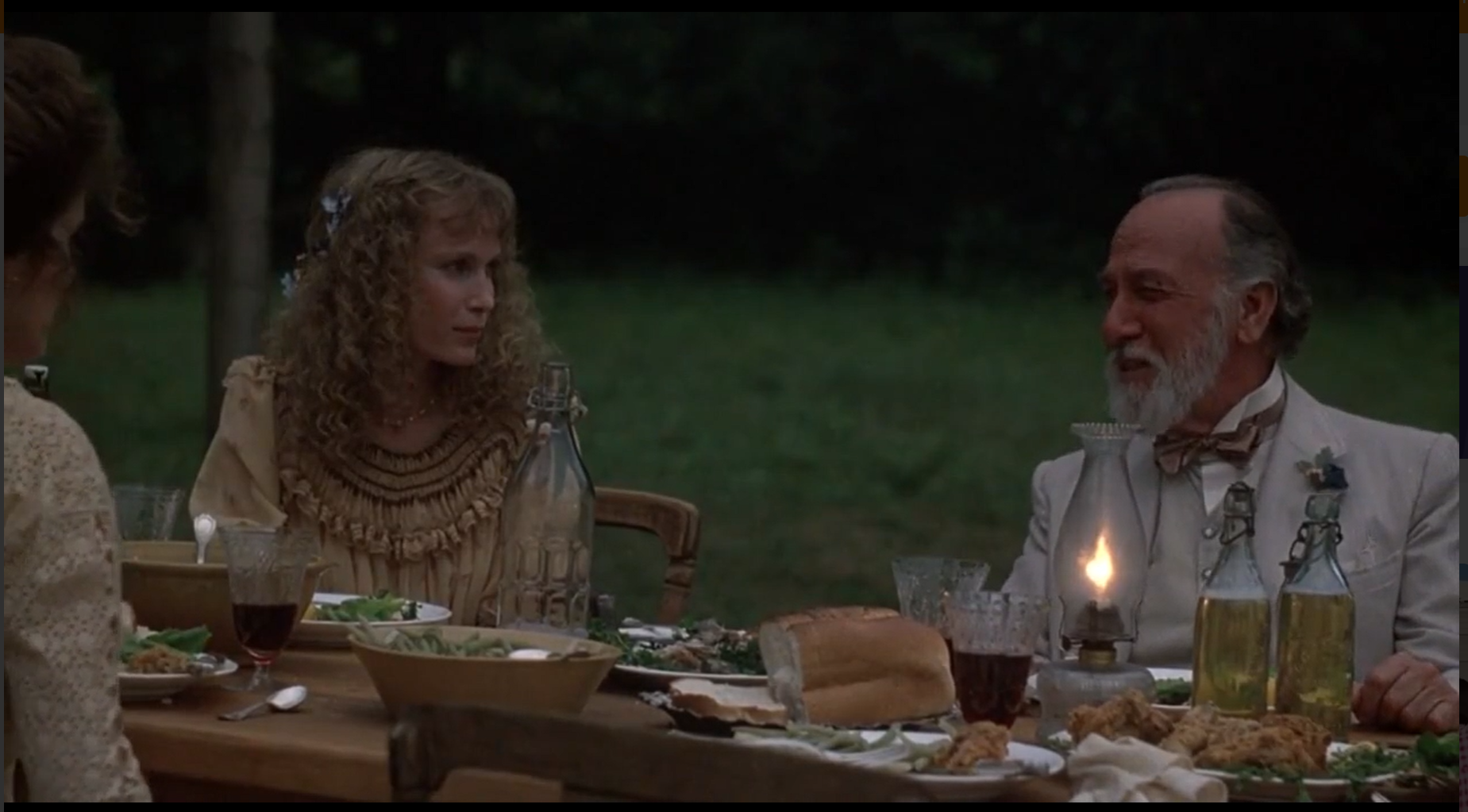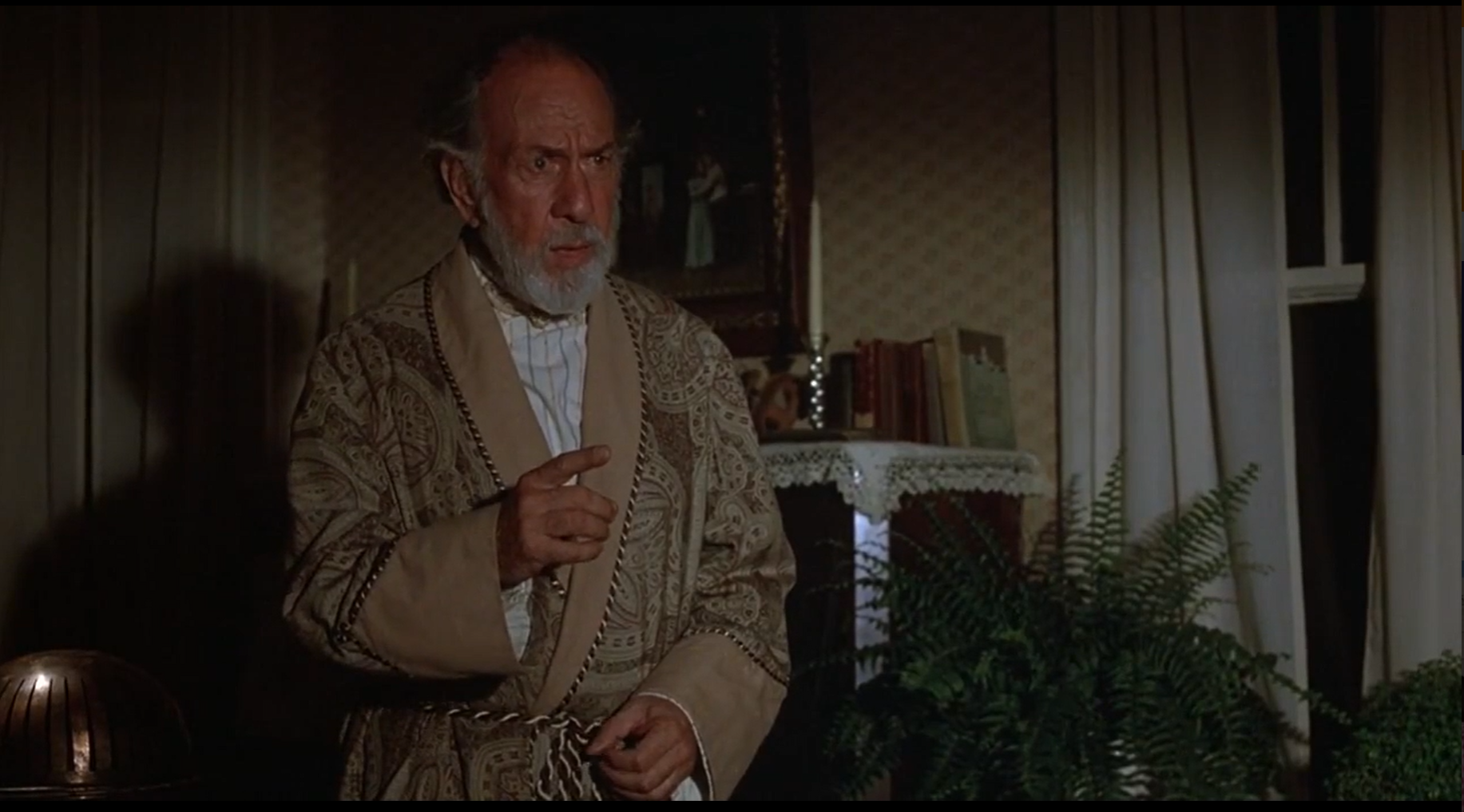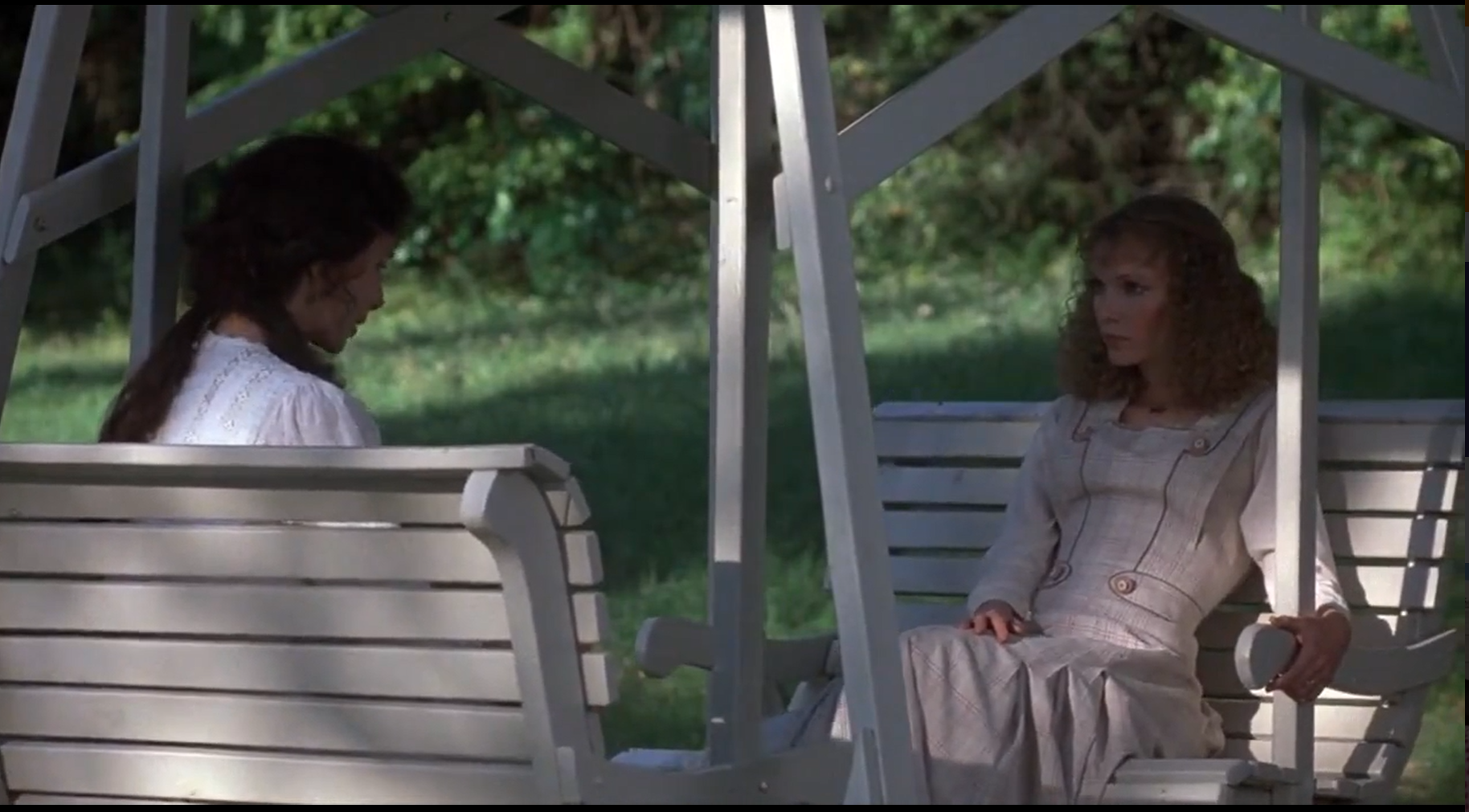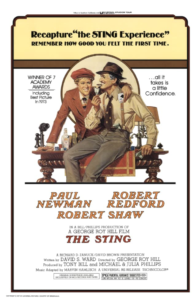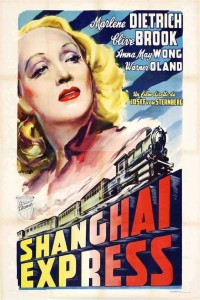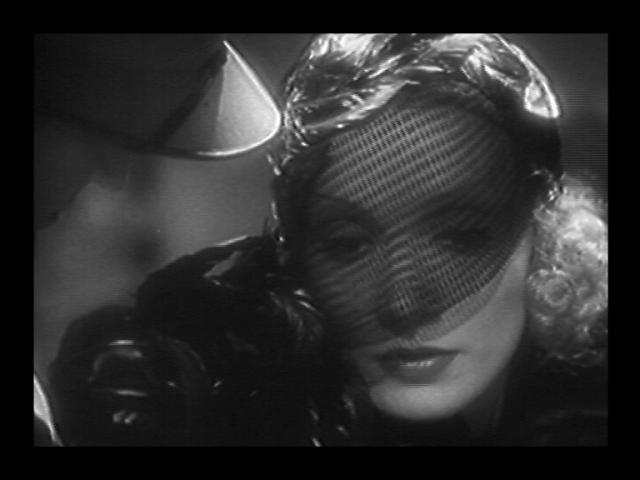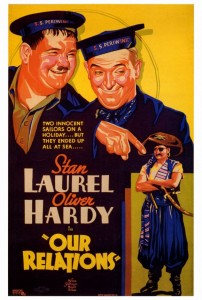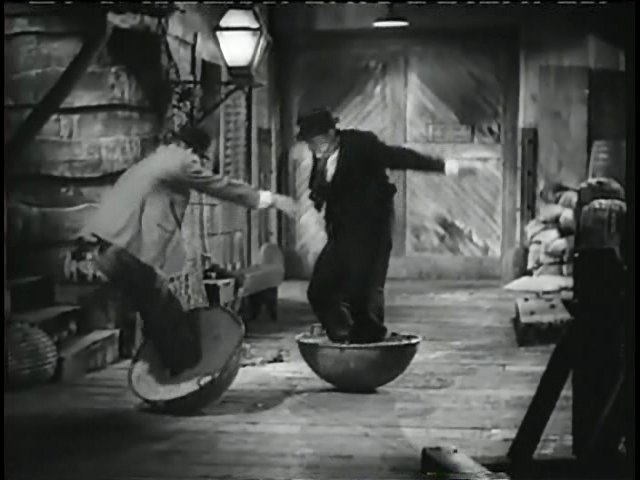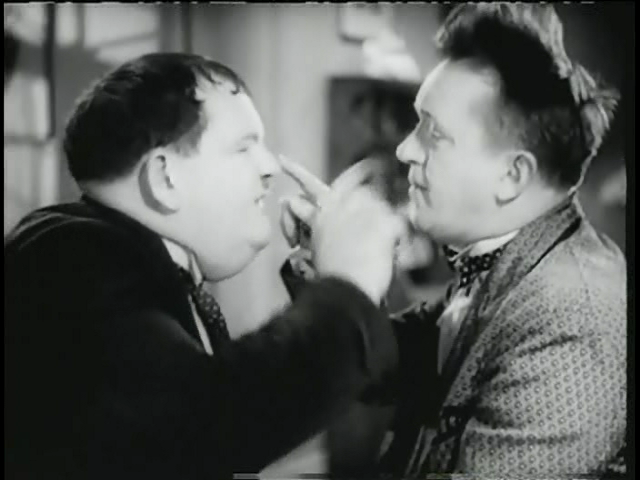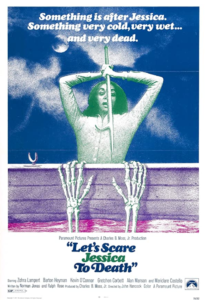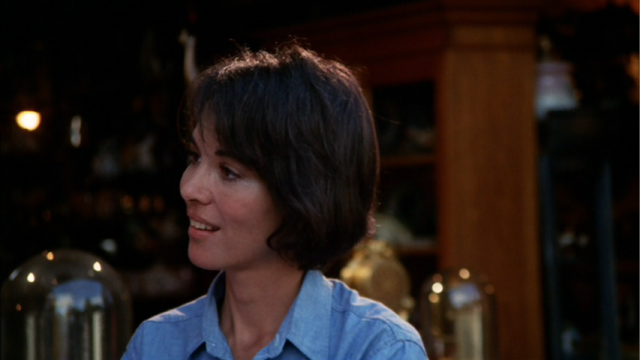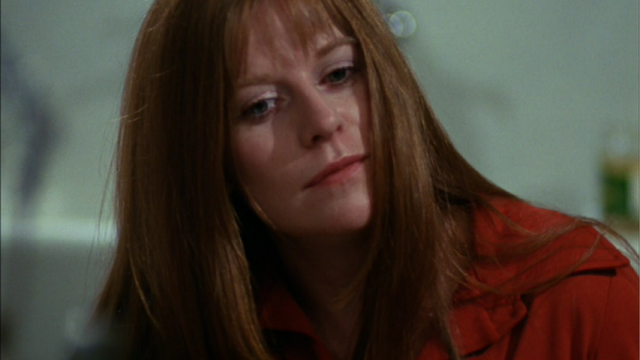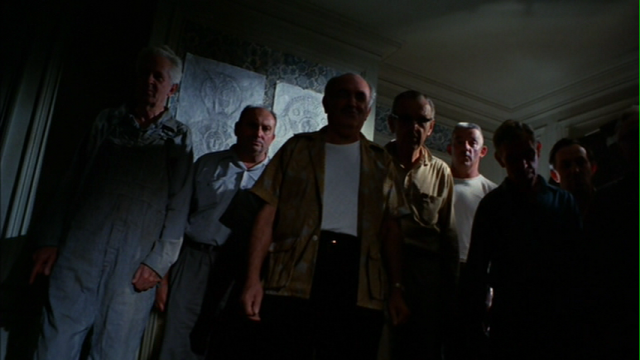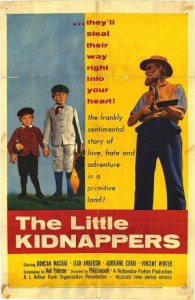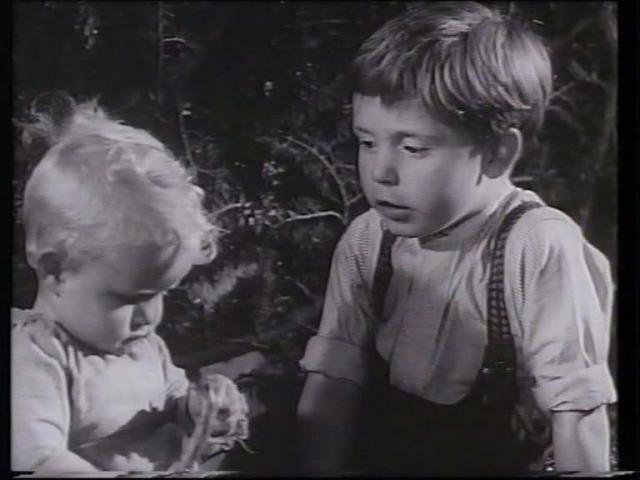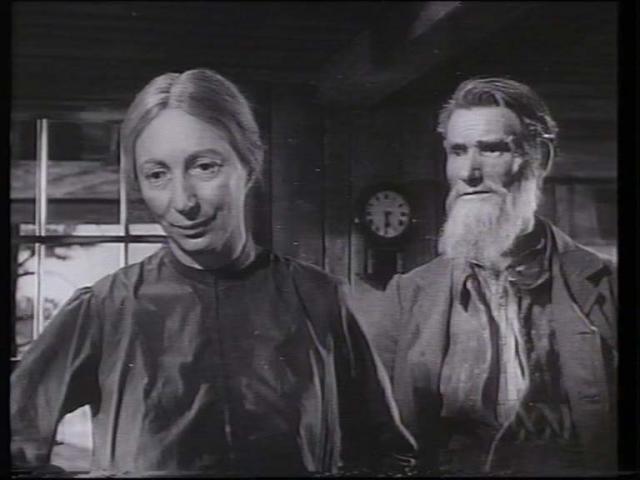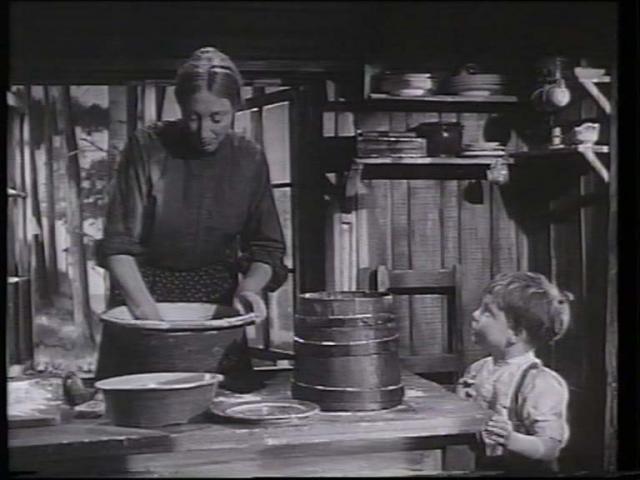|
Genres, Themes, Actors, and Directors:
- Con-Artists
- Depression Era
- George Roy Hill Films
- Heists
- Paul Newman Films
- Revenge
- Robert Redford Films
- Robert Shaw Films<
Review:
George Roy Hill’s beloved con artist-revenge flick has held up remarkably well, and remains a clever, challenging delight even for those recently weaned on David Mamet’s intricately plotted House of Games (1987), The Spanish Prisoner (1997), and Heist (2000). While first-time viewers will likely be overwhelmed by the sheer number of plot twists and turns to keep track of (I confess to initial confusion myself), a second viewing helps to clear things up, and Hill’s creative team does such an impressive job recreating Depression-era Chicago that it’s easy on the eyes to sit through more than once. The lead actors are perfectly cast, with Robert Shaw particularly noteworthy in a performance far, far removed from his title role in The Luck of Ginger Coffey nearly ten years earlier, and Newman having fun with his role as a “seasoned” con-man. Only Dimitra Arliss — playing a worn-out waitress who has a one-night-stand with Redford — seems miscast; she looks old enough to be his mother.
P.S. The Sting earned an impressive seven Oscars in 1973, including awards for best picture, best director, best original screenplay, best musical score, best costume design, best set direction, and best editing. In his Alternate Oscars, however, Peary — while referring to it as “a great date movie and cheery commercial film”, and agreeing that it has a “slick and tricky script” — argues that it didn’t really deserve to win Best Picture of the year.
Redeeming Qualities and Moments:
- Robert Redford as Johnny Hooker
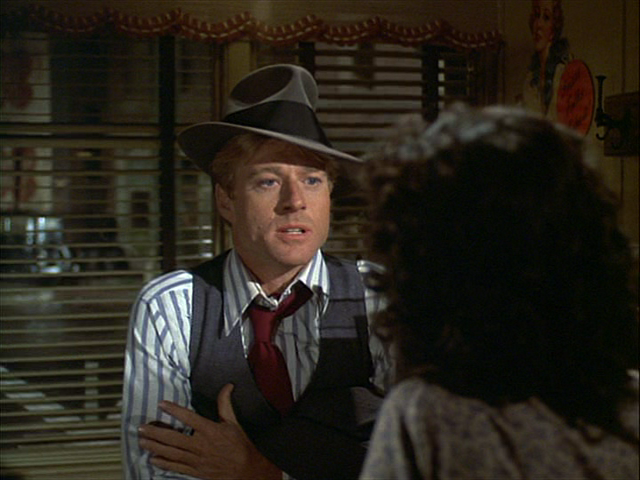
- Paul Newman as Gondorff
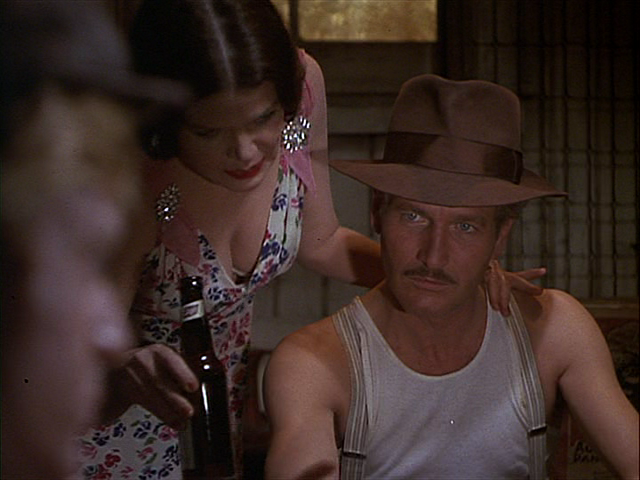
- Robert Shaw as Lonnegan
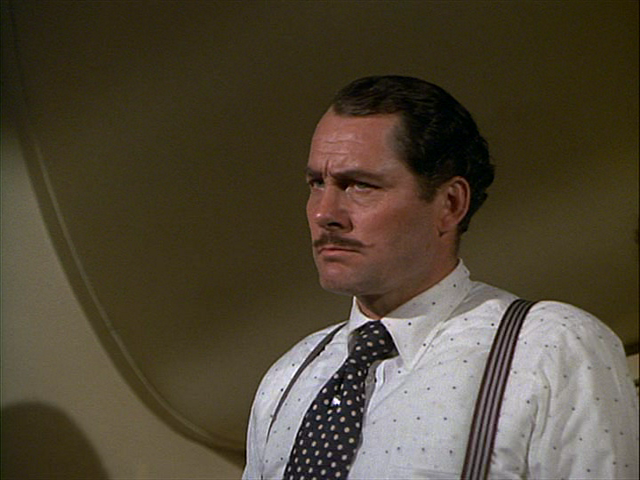
- Robert Earl Jones as Luther Coleman
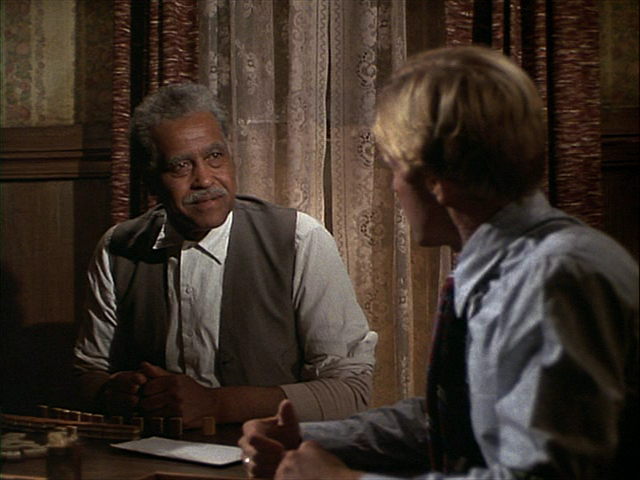
- Colorful depression-era sets and costumes
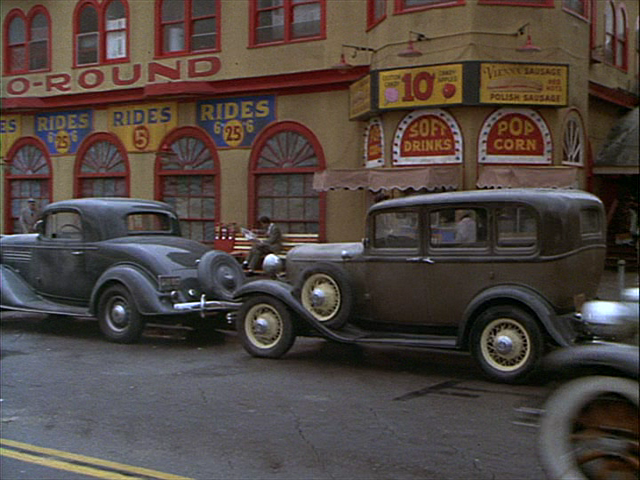
- David S. Ward’s wonderfully dense and intricate “long-con” screenplay
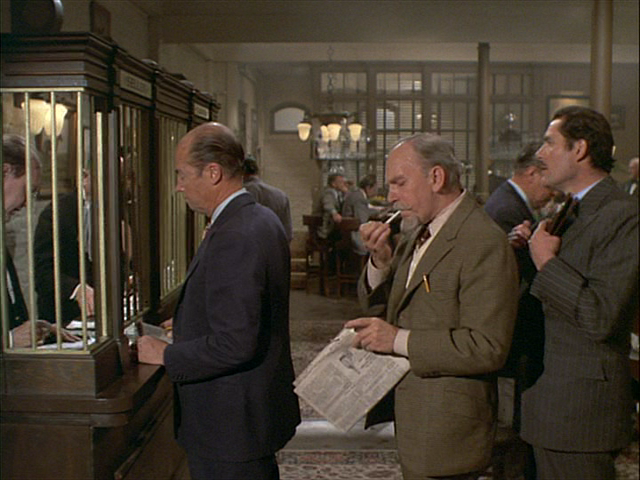
Must See?
Yes, for its status as a multiple Oscar-winning film. Listed as a film with Historical Importance in the back of Peary’s book.
Categories
- Historically Relevant
- Oscar Winner or Nominee
(Listed in 1001 Movies You Must See Before You Die)
Links:
|
